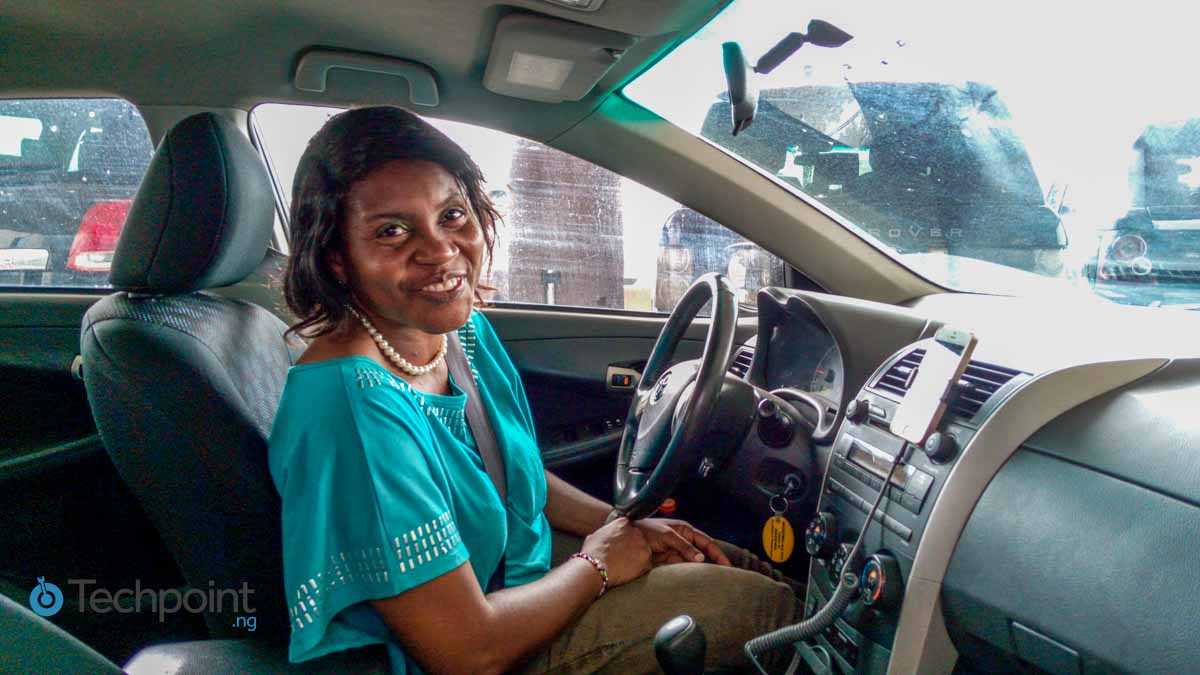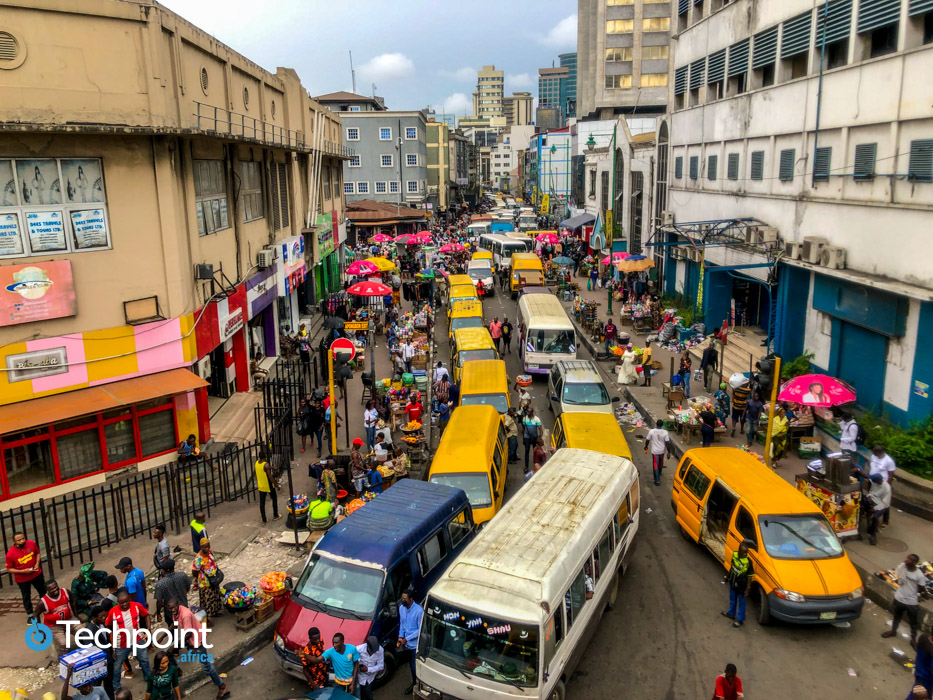The news:
- Gig drivers in Nairobi, Kenya, are reportedly dictating their fare prices, typically set by e-hailing platforms. They’re refusing to carry passengers, resisting the newly imposed rates.
- With this development, the drivers expect ride-hailing companies will be compelled to review current rates, beginning with raising the minimum fare from KSh180 ($1.40) to KSh300 ($2.33).
- This development marks an escalation of the ongoing dispute over fares between ride-hailing companies and their Kenya-based driver partners.
According to TechCabal, a headrest of one of the Kenyan drivers carried a sign that read, “We, as Nairobi online drivers, wish to notify the public that due to the high cost of living, we will not be able to operate under the current rates of Uber, Faras, and Bolt.”
Explaining the rationale behind their demands, Dennis Nyariki, Deputy Chairman of the Organisation of Online Drivers Kenya (OOD), said that with the minimum fare at KSh 300, the calculation is based on the cost of one litre of fuel plus an additional KSh 100 ($0.78) to cover expenses such as driver compensation, airtime, and vehicle maintenance.
For trips exceeding the 3-kilometre mark, which typically cost more than KSh 300, Nyariki proposed multiplying the app’s standard fare by 1.5 to accurately reflect the increased costs associated with longer trips.
Additionally, the drivers have set airport and railway station pickup and drop-off fares between $7.75 (KSh1,000) and $38.76 (KSh5,000), putting the prices at half the cost for a flight to the coastal city and costlier than a train ticket from Nairobi to Mombasa.
While the drivers are pushing for fare reviews to increase their earnings to meet up with the rise in the cost of living, ride-hailing platforms, on the other hand, are determined to maintain affordable rates in line with their strategy to retain price-sensitive customers.
On July 15, 2024, ride-hailing drivers in Kenya commenced a five-day strike, demanding fair pay and the removal of value-added taxes.
As early as the first week of August 2024, many Nairobi cab customers complained about ride-hailing drivers demanding fares 1.5 times higher than the ones calculated by the app.
Under increasing pressure, the e-hailing apps have agreed to sit with the drivers’ representatives to address their grievances. The Ministry of Transport and the National Transport and Safety Authority (NTSA) is expected to mediate the negotiations.
Meanwhile, Bolt advised drivers involved in the alleged off-app price hikes to stop until the industry matter is resolved. Uber, however, said any drivers found to be defaulting will face a range of disciplinary actions.
The drivers’ union said they will continue imposing their rates if the meeting fails to resolve the dispute.











